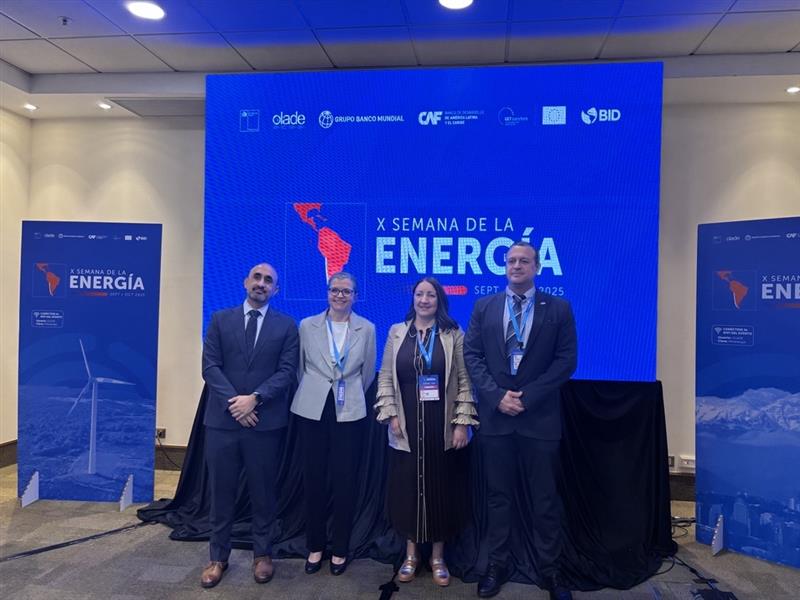Malcolm Turnbull and IHA urge the World Bank to do more on pumped storage hydropower
.png)
How to accelerate the development of pumped storage hydropower capacity was the focus of a meeting last week between the International Hydropower Association (IHA) and David Malpass, President of the World Bank, in Washington D.C.
Malcolm Turnbull, IHA Board member, and Eddie Rich, Chief Executive of IHA, were in Washington to deliver a clear message to global leaders: decarbonisation without pumped storage hydropower (PSH) is a fantasy.
Mr Turnbull commissioned a major PSH development in the Snowy Mountains of Australia when he was prime minister. Now, as a leading advocate on climate change, he continues to argue for the necessity of the technology and is working with IHA on its #WithHydropower campaign. The campaign is highlighting hydropower’s role in achieving net zero goals and energy security.
“Right now, the single most important priority should be the planning and construction of Long Duration Electricity Storage (LDES) in the form of pumped storage hydropower,” says Mr Turnbull.
“In most of the world, including the United States and Australia, this is not yet happening at anything like the pace we need. This is the ignored crisis within the energy crisis.”
PSH provides approximately 95 per cent of the world’s electricity storage. As coal and gas-fired generation is decommissioned, hydropower’s energy storage services are becoming increasingly important.
As well as Mr Malpass, the IHA delegation met with Makhtar Diop, Managing Director of the International Finance Corporation (IFC), the Executive Directors of both the World Bank and the Inter-American Development Bank, David Turk, Deputy Secretary at the US Department of Energy (DOE), and Andrew Steer, President and CEO of the Bezos Earth Fund, to discuss how to accelerate the development of new PSH capacity.
They also took part in the National Hydropower Association’s Waterpower Week event, where Mr Turnbull received a standing ovation from over 300 representatives of the US hydropower sector for his address on the urgent need to prioritise PSH. Mr Rich says the Washington visit has increased attention on how to ensure hydropower plays its role in the clean energy transition: “The global decision-makers we spoke to acknowledged that the existential challenges of climate change could not be addressed without a huge increase in sustainable hydropower, alongside wind, solar and green hydrogen. We agreed to work together on improving awareness of this and the policies to enable it.”








.jpg)

